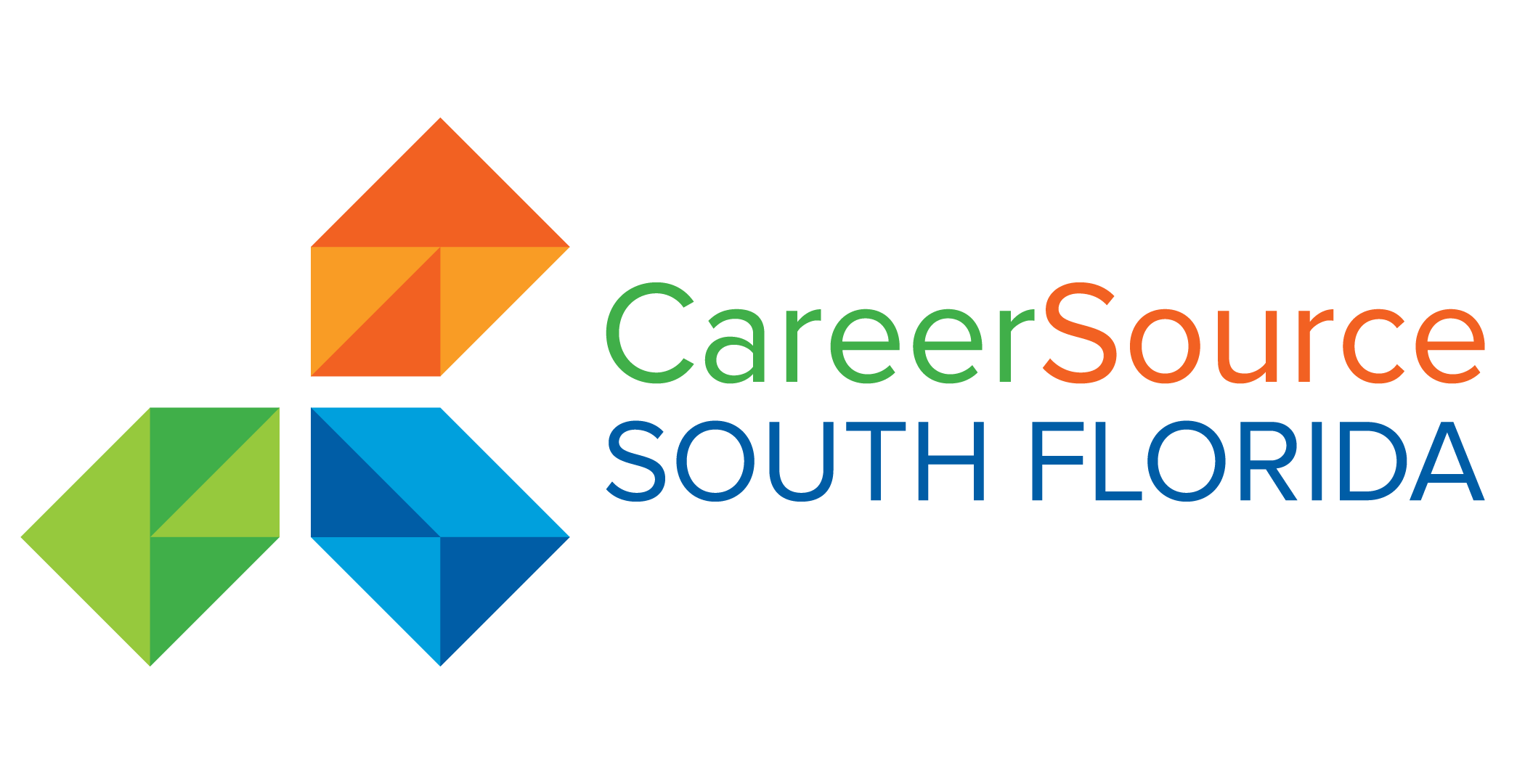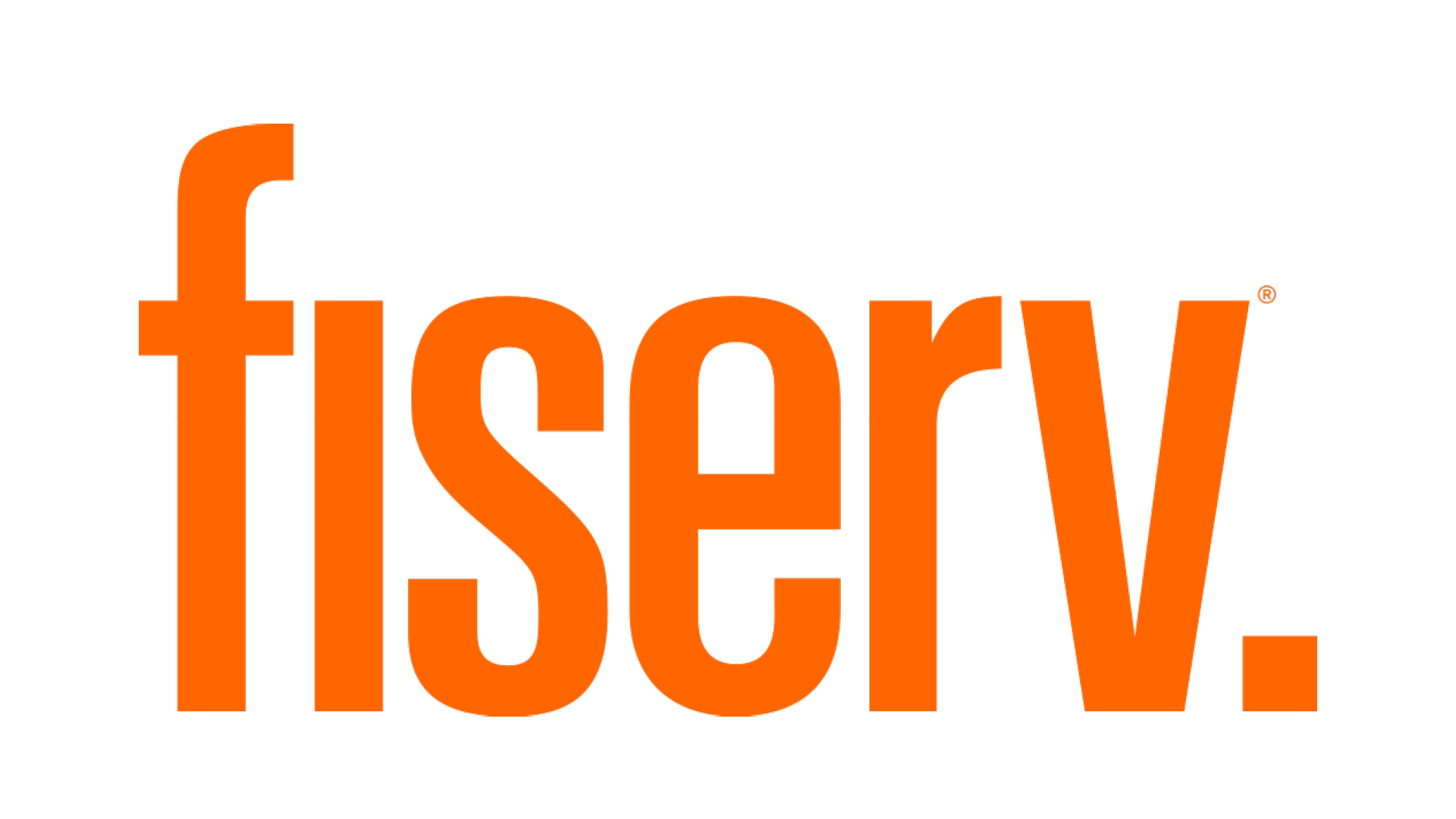AI and RPA will Impact the Future of the Workforce
How will robotic process automation (RPA) and artificial intelligence change the workforce? That was the question of the hour at the RPA, AI and the Future of the Workforce Landscape event sponsored by Auxis, CareerSource South Florida and UiPath. Moderated by Venture Café Miami’s Leigh-Ann Buchanan, the panelists discussed the impact of RPA and AI on the workforce and society as a whole.
“In the future several jobs will simply become obsolete or, more likely, end up being performed by software programs like RPA or AI. Still, South Florida may be better positioned than other major metro areas for the coming workforce revolution,” mentioned JC Gutierrez, chair of the Technology and Innovation Committee, during the opening remarks.
“The challenge of new technology affecting the workforce is not new,” said Microsoft’s Alyton Souza. “There are so many opportunities ahead of us to put people in the center and make the best usage of our special abilities [through technology].”
FIU’s Carlos Flores addressed concerns of technology negatively impacting the workforce: “It’s not reducing the workforce. It’s right sizing. Through natural attrition, we redirect those resources into more technical roles. It’s more adding value to the tasks that are being performed by humans.”
At FIU, an automated chatbot on the HR website has reaped benefits: “We’ve seen a reduction of walk-ins and we’ve seen a reduction in calls [by] analyzing the utilization and the preference of our users.”
NextEra has seen RPA benefits as well. “We’ve done a really good job of automating processed internally that help us,” said Enterpise Automation COE Lead Clemmie Malley, “One process that actually impacts on our customers is during the hurricane season we have an automation that for our special needs shelters that says okay your power is back on and you’re safe to go home.”
So how can companies get employees on board? “Automation success can really be called organizational adoption,” said Auxis’ Eduardo Diquez. “Try to make sure that you get something in production that can be trusted by your organization. [It will] do the opposite of scaring people but excite them.”
The panel also addressed role of equity and inclusion in RPA, particularly in HR. “Because you have to rely on historical level, if you were less favorable to a gender… you are going to train and teach the system to be non-inclusive,” said Souza. “We have to think about basic business principles to avoid perpetuating [discriminatory practices].”
Flores echoed his sentiments: “It’s very important that when you roll out an initiative, you’re inclusive of all 5 generations that we have in the workplace. Not just technology, but also being able to cater to the needs and preferences of everyone.”









